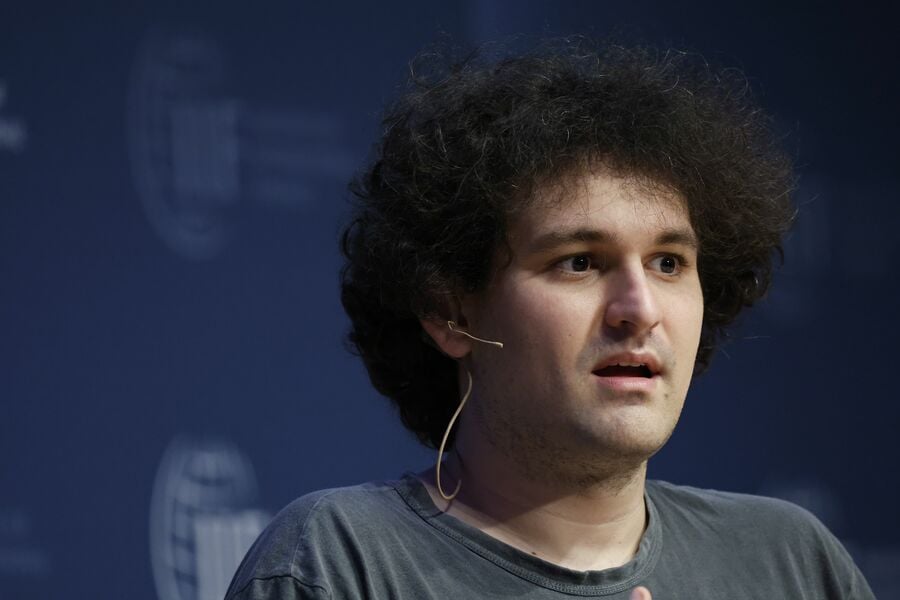

FTX co-founder Sam Bankman-Fried was accused by U.S. regulators of carrying out a multiyear scheme to defraud investors.
The Securities and Exchange Commission said Tuesday that Bankman-Fried, who was arrested on Monday in the Bahamas and is facing criminal charges in the U.S., raised more than $1.8 billion from investors. The SEC also said he concealed risks and FTX’s relationship with his trading firm, Alameda Research, and used commingled customer funds.
“We allege that Sam Bankman-Fried built a house of cards on a foundation of deception while telling investors that it was one of the safest buildings in crypto,” SEC Chair Gary Gensler said in a statement.
Bankman-Fried diverted billions of dollars of customer funds to help grow his other entities, the SEC said in its complaint filed Tuesday in New York’s Southern District court. The SEC complaint alleges that FTX raised more than $1.8 billion, including $1.1 billion from about 90 U.S.-based investors, in an “orchestrated scheme to defraud equity investors” who bought in based on the belief that FTX had appropriate controls.
Alameda Research was allowed to carry a negative balance on FTX and was exempt from the exchange’s risk protocols, according to the complaint. The SEC said that Bankman-Fried personally directed that FTX’s “risk engine” not apply to Alameda and hid the extent of the ties between the two entities from investors.
The SEC claimed that as late as last month, Bankman-Fried was continuing to mislead investors while trying to fill a multibillion-dollar hole while FTX was unable to make good on billions in withdrawal demands from customers. It only stopped when FTX and Alameda filed for bankruptcy protection on Nov. 11, the regulator said.
The SEC is seeking to bar Bankman-Fried as an officer or director of a public company or from offering crypto or other securities. The agency is seeking to force him to turn over his ill-gotten assets.

The looming threat of federal funding cuts to state and local governments has lawmakers weighing a levy that was phased out in 1981.

The fintech firms' new tools and integrations address pain points in overseeing investment lineups, account monitoring, and more.

Canadian stocks are on a roll in 2025 as the country prepares to name a new Prime Minister.

Carson is expanding one of its relationships in Florida while Lido Advisors adds an $870 million practice in Silicon Valley.

The approval of the pay proposal, which handsomely compensates its CEO and president, bolsters claims that big payouts are a must in the war to retain leadership.
RIAs face rising regulatory pressure in 2025. Forward-looking firms are responding with embedded technology, not more paperwork.
As inheritances are set to reshape client portfolios and next-gen heirs demand digital-first experiences, firms are retooling their wealth tech stacks and succession models in real time.
